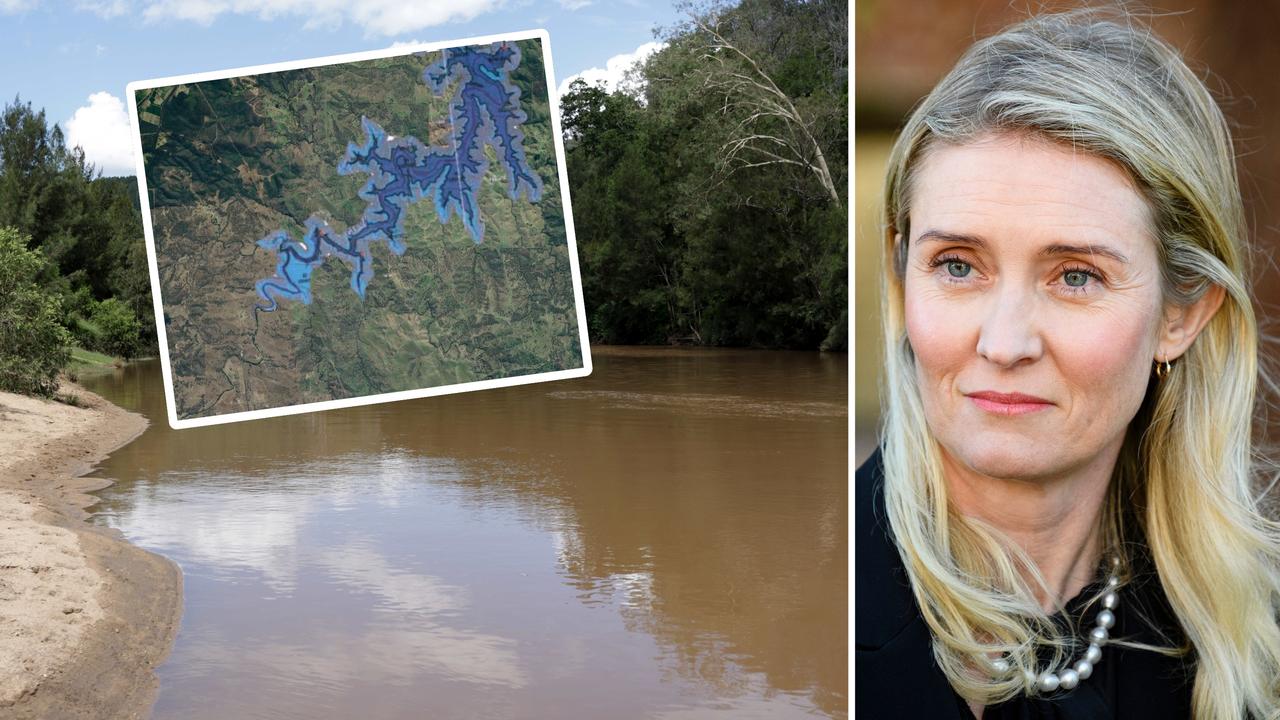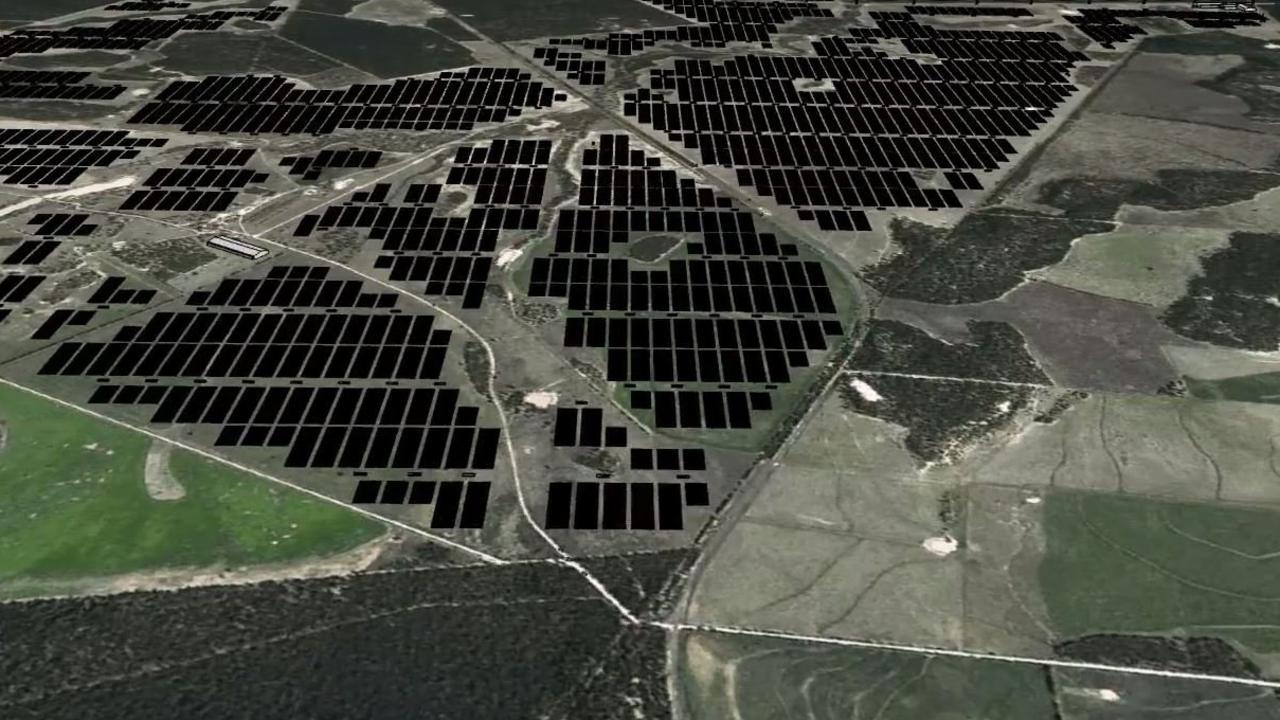Toowoomba Regional Council votes against new TLPI for landclearing protections in heated debate
New measures to try to protect “environmentally significant” areas of the Toowoomba region have been put on hold after a fiery council debate.
Council
Don't miss out on the headlines from Council. Followed categories will be added to My News.
Toowoomba Regional Council has paused its own plans to try to restrict landclearing in key ecological areas across the region after a fiery meeting that saw elected officials and bureaucrats sparring verbally.
Councillors narrowly voted at Tuesday’s committee meeting against moving forward with a controversial temporary local planning instrument to raise assessment criteria for development in “areas of ecological significance”.
The TLPI, a measure councils can implement ahead of permanent changes to planning schemes, would require development applications involving the “destruction or removal of vegetation” in areas outlined in 2012 council mapping become impact-assessable.
This meant an applicant would potentially need to complete public consultation and meet higher assessment benchmarks to get approval for projects that required landclearing in areas covered by the mapping.
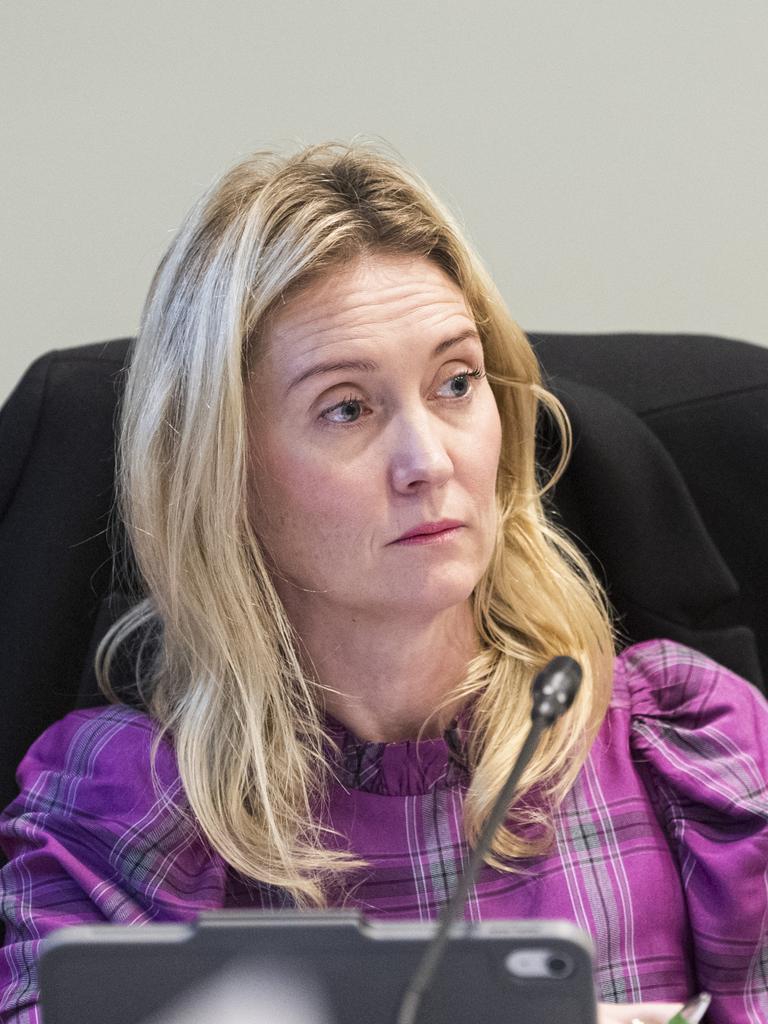

Both developers and some environmental activists raised concerns about the move, citing its hasty timeline, a lack of consultation, its reliance on 12-year-old mapping and confusion over whether it would lead to ordinary residents being fined for “excessively pruning” their own trees.
Councillor Tim McMahon’s alternate motion argued against sending the TLPI to the state government for approval but instead getting a report developed to investigate council’s options around vegetation conservation, which would take about six months.
He said the TRC did not have enough evidence to provide to Development, Infrastructure and Planning Minister Jarrod Bleijie and that it was rushing the process.
“We’re not at a stage to be setting up a TLPI and sending it on at this time and we really haven’t done our homework and looked at the best possible option at this stage,” he said.
“To put it simply, we don’t have the evidence to suggest that at this point in time and nothing on our books can help us do that.”
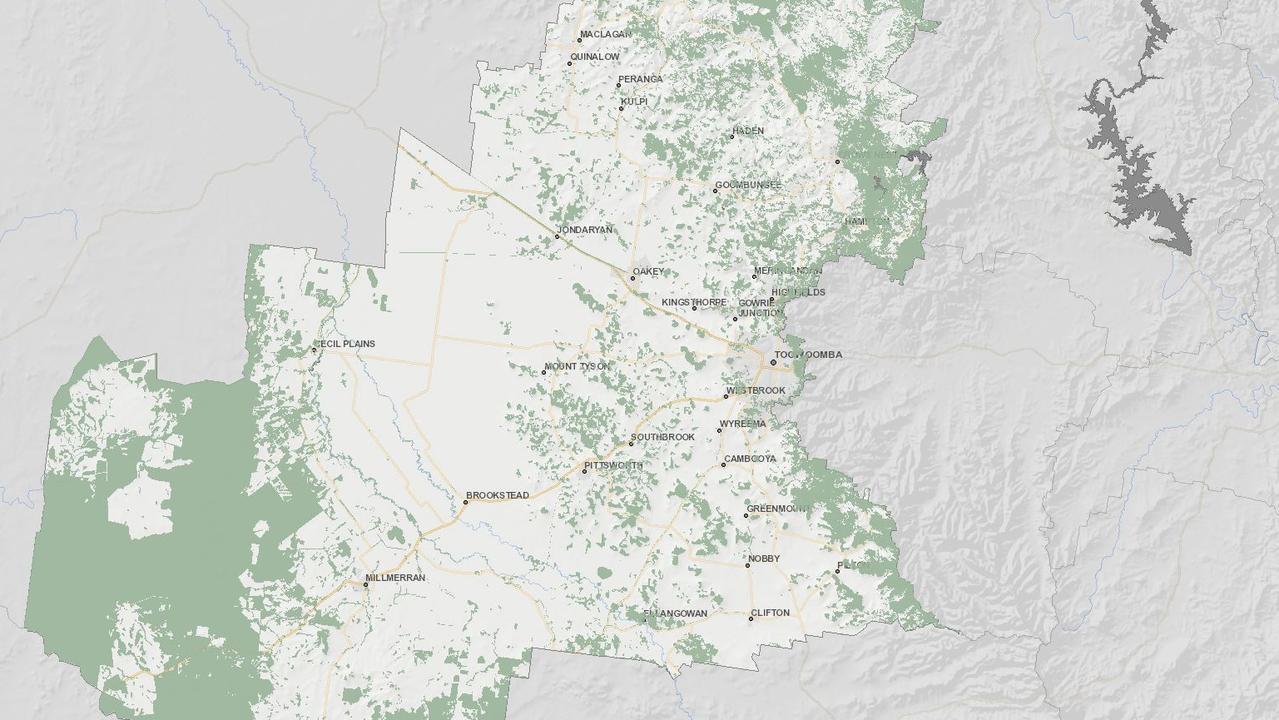
The notion of a lack of evidence was supported by planning general manager Nikola Stepanov, whose department had little involvement with the TLPI and as such did not provide a recommendation either way on its support.
This lead to a terse exchange between herself and councillor Bill Cahill, who said he was “disappointed” by the perceived lack of urgency from the department to act on council’s wishes.
“It’s not my position to tell you how to organise your business unit, but I am disappointed that given the length of discussion, that there wasn’t more priority given to research this or reshuffle this, given the timeline,” he said.

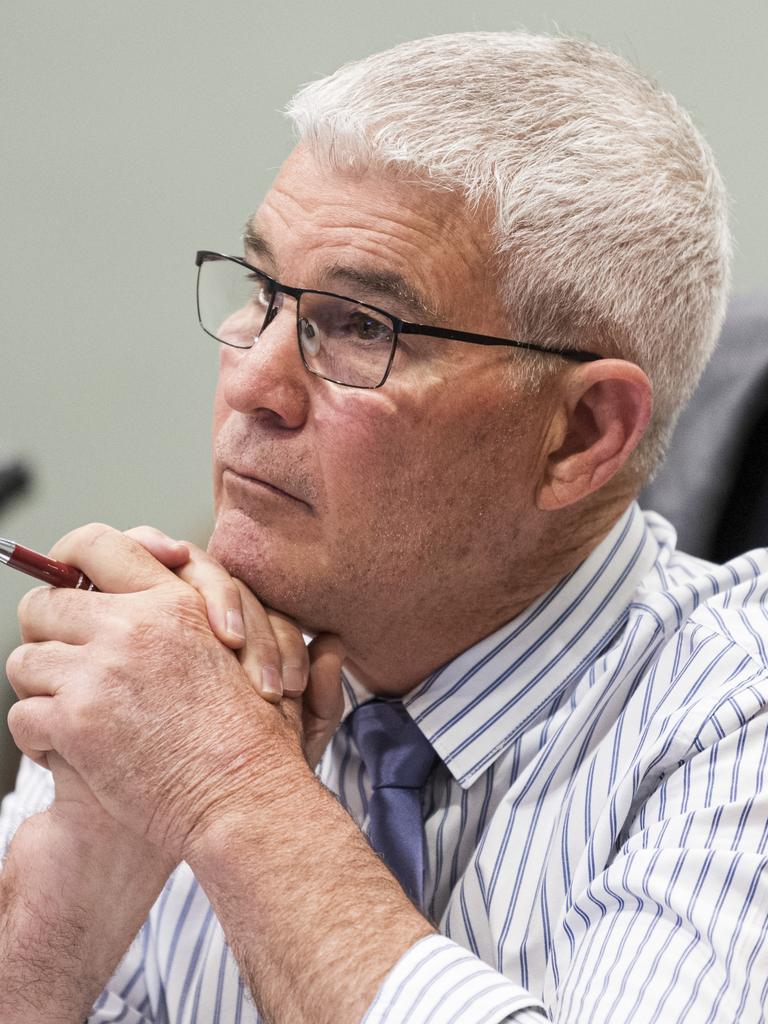
Ms Stepanov issued a rebuke, saying it wasn’t her team’s job to gather evidence “post-hoc” that hadn’t been provided by councillors.
“With this particular type of planning tool, you should come to it with the evidence — that’s the basis of saying to the state, this is urgent and it must happen now,” she said.
“To expect council officers to set aside the work they’re doing to gather evidence after the fact, I don’t consider that to be a reasonable expectation.”
This drew the ire of deputy mayor and TLPI advocate Rebecca Vonhoff, who called Dr Stepanov’s assertion “preposterous”.
“Our role as elected representatives is to signal the intent of the will of the people, and then we have subject-matter experts who then act on those directives,” she said.
“It’s preposterous to propose that councillors bring to a meeting evidence of geospatial mapping.”
Ms Vonhoff also urged councillors to move ahead with an action that she said would empower the TRC’s enforcement of environmental conservation in key areas.
“When we say we do not proceed with a TLPI that protects ecological significance, we are saying this is a council that is opposed to protecting areas of ecological significance,” she said.
“When other DAs come before us in months and years down the track, I will think to these moments and be comfortable with the way I voted (today).
“What I would love for us as a council is to be similarly proud of how we voted on this and I want to give the community clarity and certainty.”
Mr McMahon’s motion earnt the support of Gary Gardner, mayor Geoff McDonald, James O’Shea and Edwina Farquhar, who voiced her concerns about consultation with the community.
“Mums and dads with homes in areas of ecological significance haven’t received anything from us, not even a letter — I believe we’re rushing,” she said.
The matter will need to be endorsed at the ordinary meeting next week before it can come into effect.
The Darling Downs Environment Council, which generally supported the TLPI, expressed its disappointment at the vote.
“The community has been calling for protections for trees for decades, and this rejection only delays what is urgently needed," coordinator Ahri Tallon said in a statement.
"Numerous examples of past and impending clearing demonstrate the critical need for action.
"It’s time to bring Toowoomba in line with all other South East Queensland councils that have curtailed ugly cookie-cutter monstrosities in favour of balanced development that provides homes for people without destroying the homes of wildlife."







